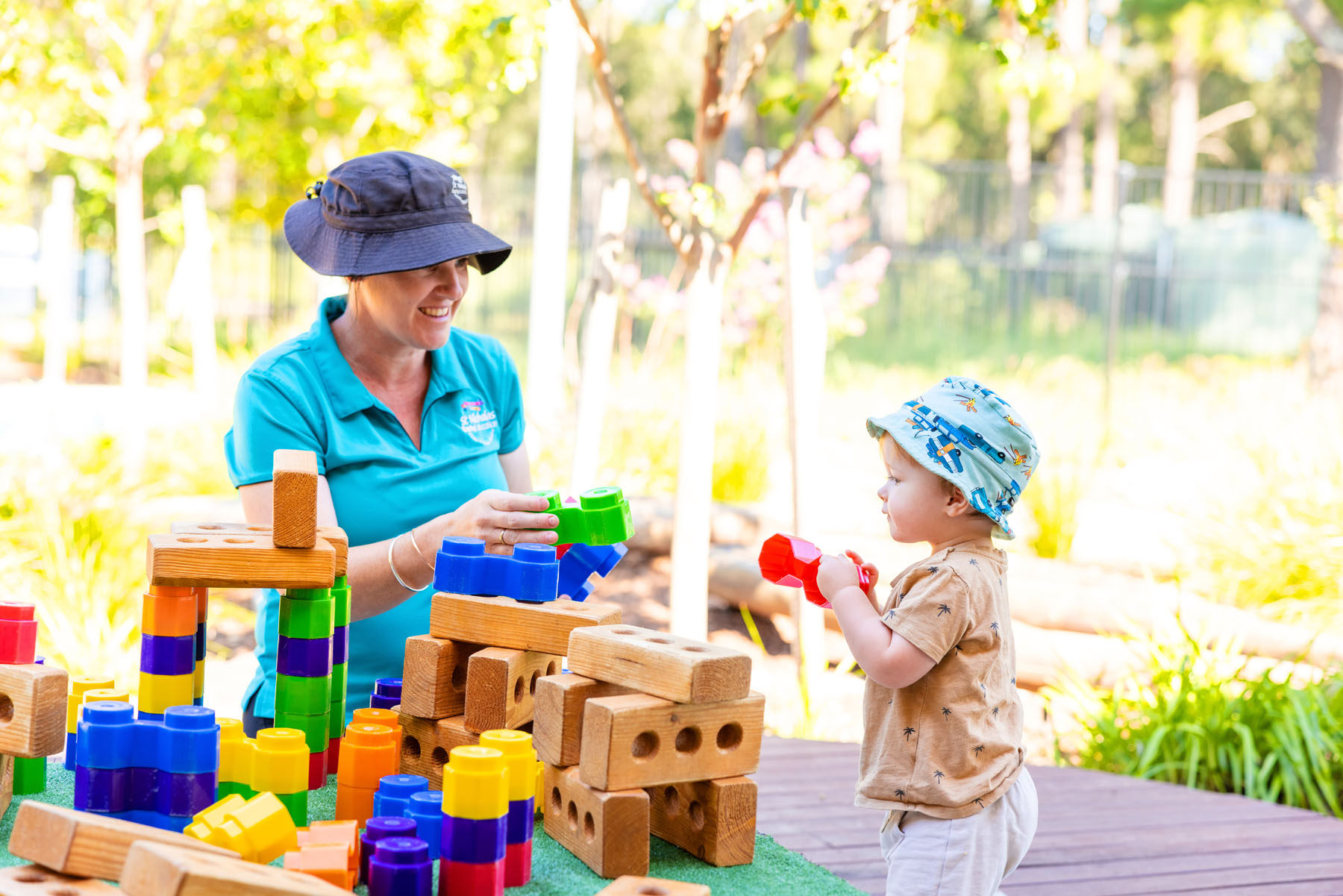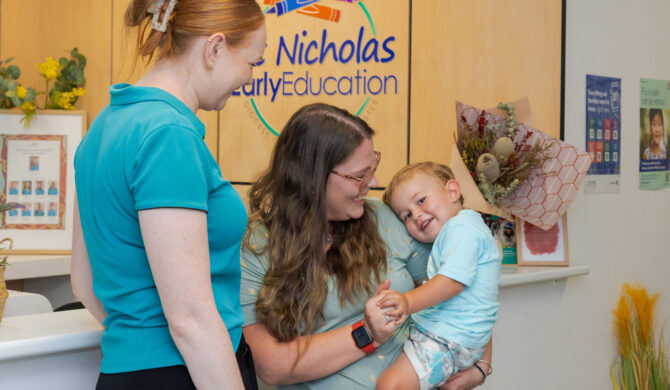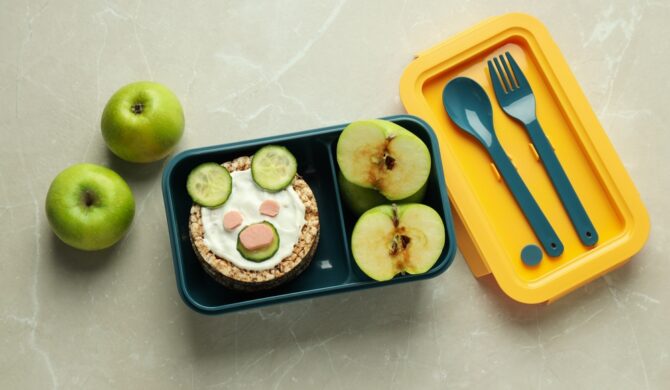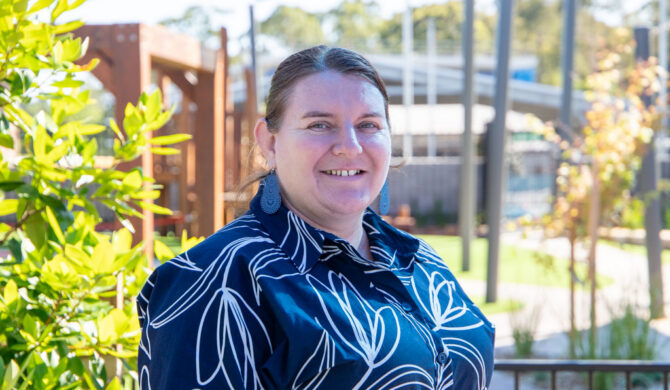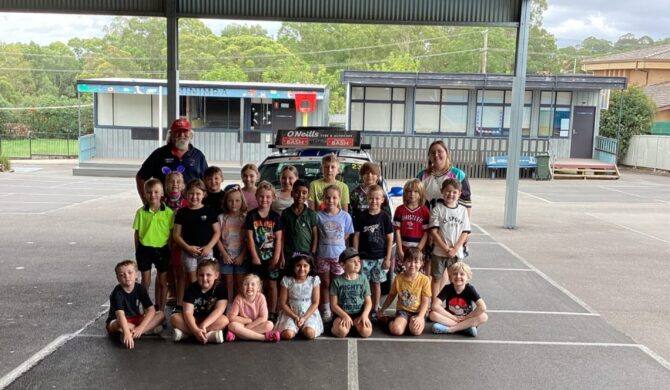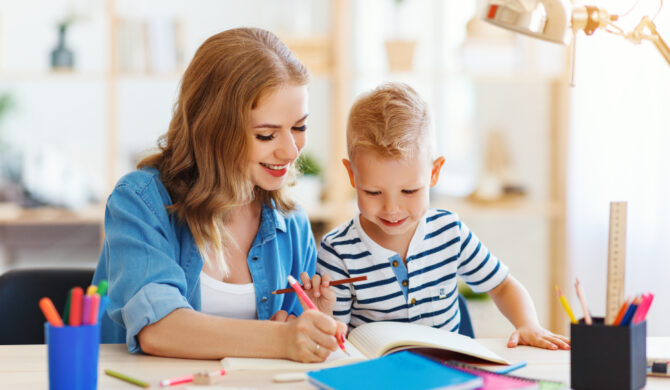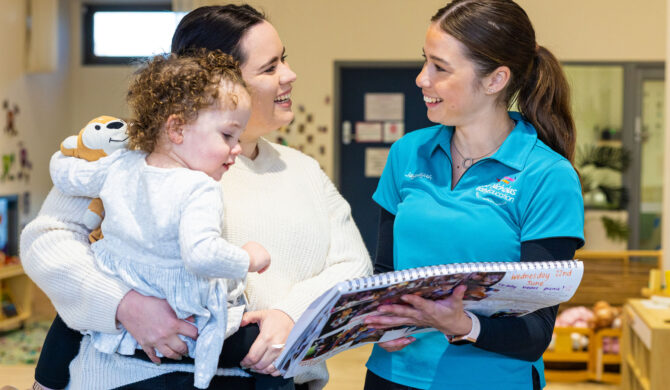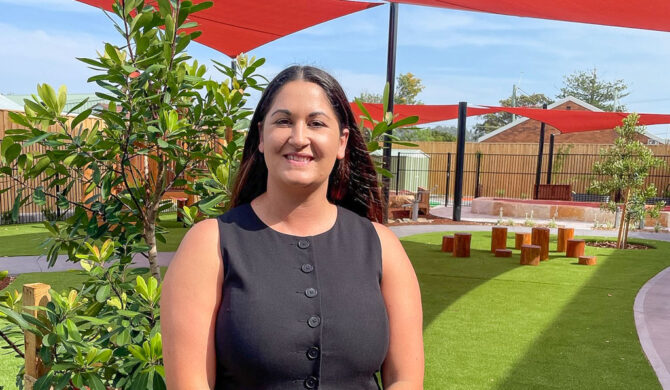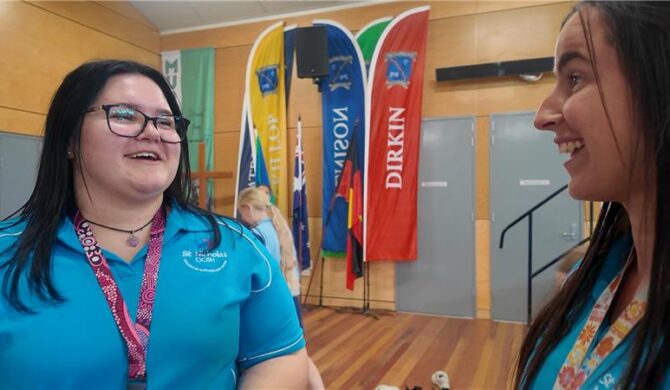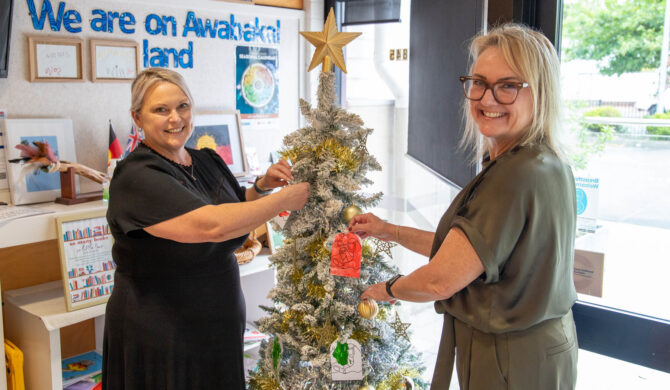These findings, which came from a report led by early childhood consultant Dr Cathie Harrison, have prompted report commissioner Ready Set Dance to advocate for the power of play in the development of children, and to share tips about how to ‘turn the tide’ and bring back play.
“The research shows that play, particularly in the very early years, contributes to brain development, creates flexibility, enhances creativity, builds resilience to stress and promotes social awareness and how to fit in with others,” Ms Agostino said.
“Dr Harrison confirmed for us that more play-based activities were needed to help parents to prioritise play with their toddlers, re-learn the joys of play themselves and introduce their children to the developmental benefits.”
Key findings from the report include:
- One-third (36 per cent) of parents say they sometimes don’t know how to play with their child
- 50 per cent are not confident that they could help their child to play
- Almost two in three parents (61 per cent) often find playing with their child hard or boring
- 86 per cent of parents say it is hard for them to find time to play with their children
- 65 per cent of parents believe play was better when they were growing up
- Most parents (94 per cent) recognise play is important for a child’s health, including physical wellbeing and brain development*
“We need to change the way we see play, as it is actually a highly intellectual engagement. What we are doing as parents when we play with our children is exposing them to new experiences and building resilience that they can draw on in difficult times,” Ms Agostino said.
“We know families are not prioritising play, but it is necessary for a child’s development, especially for their brain growth. The good news is it does the same for adults, so getting involved with your child and playing with them more will impact your brain the same way. Basically, we get smarter the more we play.”
Top tips for bringing back play
- Start with Joy: Kick off playtime with activities that both adults and children enjoy. The goal is to revel in the fun of the moment. Focus on the happiness of the interaction.
- Let The Child Lead: Children are exploratory by nature, so take cues from them. Participate in whatever they are doing, whether that’s building a block tower or drawing. This not only empowers them by validating their choices but also turns playtime into a collaborative adventure that strengthens the adult/child bond.
- Weave Play into the Routine: Make play a seamless part of daily life. Incorporate games like “I Spy” on a drive, make silly faces while preparing breakfast, or have a mini dance party during cleanup time. Regular playful interactions can transform mundane routines into enjoyable experiences and foster a sense of security and attachment.
- Incorporate Structured Play: Sometimes, structured play activities, like a weekly class, can make it easier to ensure play is a consistent part of your schedule. Classes designed for adult-child participation can offer new ideas for play and interaction.
- Keep It Simple and Stress-Free: The essence of play lies in simplicity and spontaneity. Don’t worry about crafting the perfect play environment or achieving specific outcomes. The most beneficial play comes from simply being together and experiencing joy in the moment.


